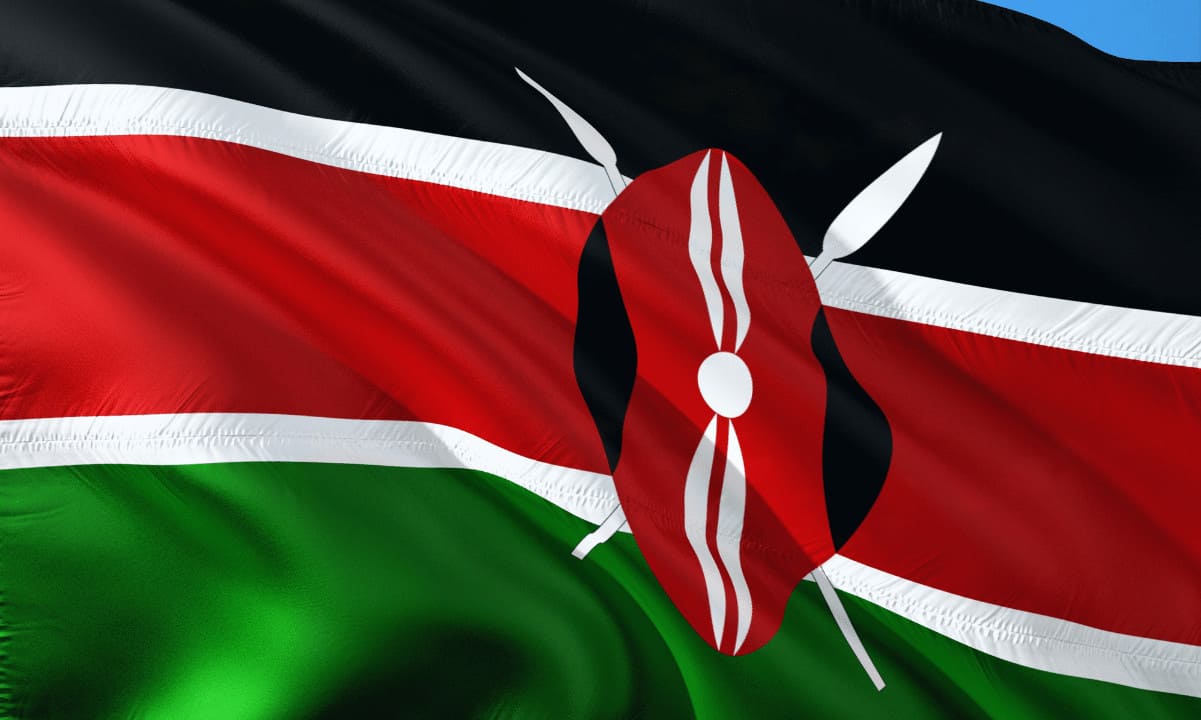Kenya is set to impose a 3% tax on the transfer or exchange of cryptocurrencies to boost the country’s domestic revenues and narrow its fiscal deficit. The proposed tax is part of a newly-designed bill aimed at stabilizing the financial condition of the African nation. The bill also proposes a 15% levy affecting creators of monetized online content.
Kenya’s Economic Condition
Kenya is a lower-middle-income economy, with over 16% of its population living below the international poverty line. The country faces economic inequality, health issues, and government corruption, which are the main factors for the negative trend. Despite its challenges, Kenya remains one of the most developed counties in eastern and central Africa.
Cryptocurrency Adoption in Kenya
Kenya is among the leaders on the African continent in terms of crypto adoption, with a significant number of Kenyans turning their focus toward the cryptocurrency industry in the past few years. According to research carried out by the United Nations (UN) in the summer of 2022, more than 4 million Kenyans, accounting for 8.5% of the population, were HODLers, the highest adoption rate in Africa. South Africans and Nigerians rounded up the top 3 list.
Kenya’s Positive Stance on Bitcoin
Despite the challenges, Kenya’s central bank has a relatively positive stance on bitcoin. Governor Njoroge suggested in 2021 that adopting the primary cryptocurrency could ease the financial turmoil that hit the region shortly after the COVID-19 pandemic. He further suggested that bitcoin could solve the nation’s problems with its depreciating official currency. The adoption of bitcoin could shift the focus from the IMF’s claim that the Kenya Shilling is overvalued, which has led to too much pressure on the currency and negative effects on the economy.
The tax proposal will become official from the beginning of July should the Kenyan lawmakers give their nod. The country hopes to generate revenue of approximately $21 billion in the first year, which is 14% more than the anticipated collections for the ongoing fiscal year. The move is part of President William Ruto’s plan to double tax collections to 5 trillion shillings (around $37 billion) in five years and use the funds to promote monetary growth.

